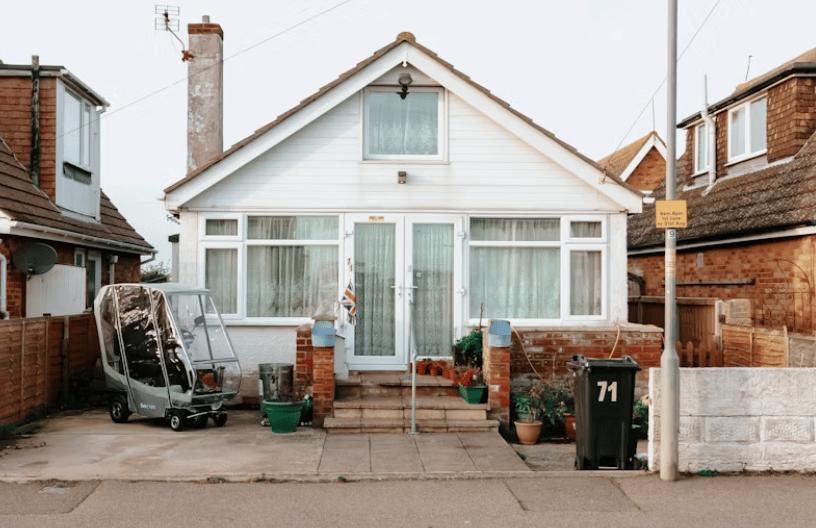- PropertyExplained
- Posts
- Financial Security Through Property Ownership in the UK
Financial Security Through Property Ownership in the UK
Want to achieve financial security through property investment?
Owning property has long been seen as a cornerstone of financial security in the UK.
It offers a tangible asset, potential rental income, and the prospect of capital appreciation.
However, the landscape of property ownership has evolved significantly in recent years, influenced by factors such as Brexit, the pandemic, and rising interest rates.
In this guide we'll delve into the current state of property ownership in the UK, exploring the benefits, challenges, and considerations for those contemplating this significant investment.

The Enduring Appeal of Property Ownership
The allure of property ownership in the UK remains strong for several reasons:
Capital Appreciation: Historically, UK property values have shown a tendency to increase over time, offering the potential for significant capital gains.
Rental Income: For those who choose to rent out their property, it can provide a steady stream of income, supplementing their primary income or even serving as a retirement plan.
Tangible Asset: Unlike many other investments, property is a physical asset that can be seen, touched, and occupied.
Stability: While property values can fluctuate, they are generally considered to be more stable than other investments like stocks or bonds.
Navigating the Current Market
Despite the enduring appeal, the UK property market is not without its challenges in 2024.
Several factors are influencing the landscape:
Rising Interest Rates: The Bank of England has increased interest rates in recent years, making it more expensive to borrow money for a mortgage. This can affect affordability and demand for property.
Economic Uncertainty: The UK economy has faced various uncertainties, including Brexit and the pandemic. These factors can impact consumer confidence and property prices.
Government Policies: Government policies, such as stamp duty and planning regulations, can significantly influence the property market.
Key Considerations for Property Buyers
If you're considering purchasing property in the UK, here are some key factors to consider:
Affordability: Assess your financial situation carefully to determine what you can realistically afford. This includes not only the purchase price but also ongoing costs like mortgage repayments, property taxes, and maintenance.
Location: Location is crucial. Consider factors such as proximity to amenities, transportation, and schools. Research local market trends and future development plans.
Type of Property: Decide whether you prefer a house, flat, or other property type. Consider your lifestyle, needs, and long-term goals.
Rental Yield: If you plan to rent out your property, calculate the potential rental income and compare it to your mortgage payments to assess the rental yield.
Stamp Duty: Be aware of the stamp duty implications of your purchase. The amount of stamp duty you'll pay depends on the property's value.
Maintenance and Costs: Factor in ongoing maintenance costs, such as repairs, insurance, and property management fees.
Conclusion
Property ownership in the UK can be a rewarding investment, offering financial security and potential capital appreciation.
However, it's essential to approach it with careful consideration and understanding of the current market conditions.
By carefully assessing your financial situation, researching the market, and seeking professional advice, you can make informed decisions and maximise the benefits of property ownership.
That’s it for today, happy Thursday